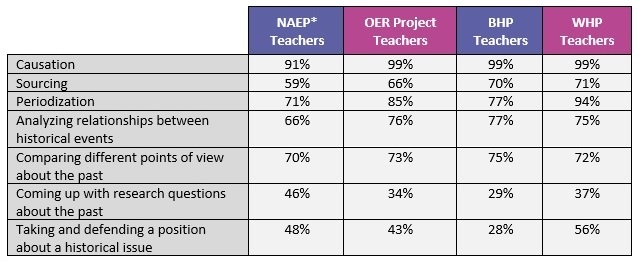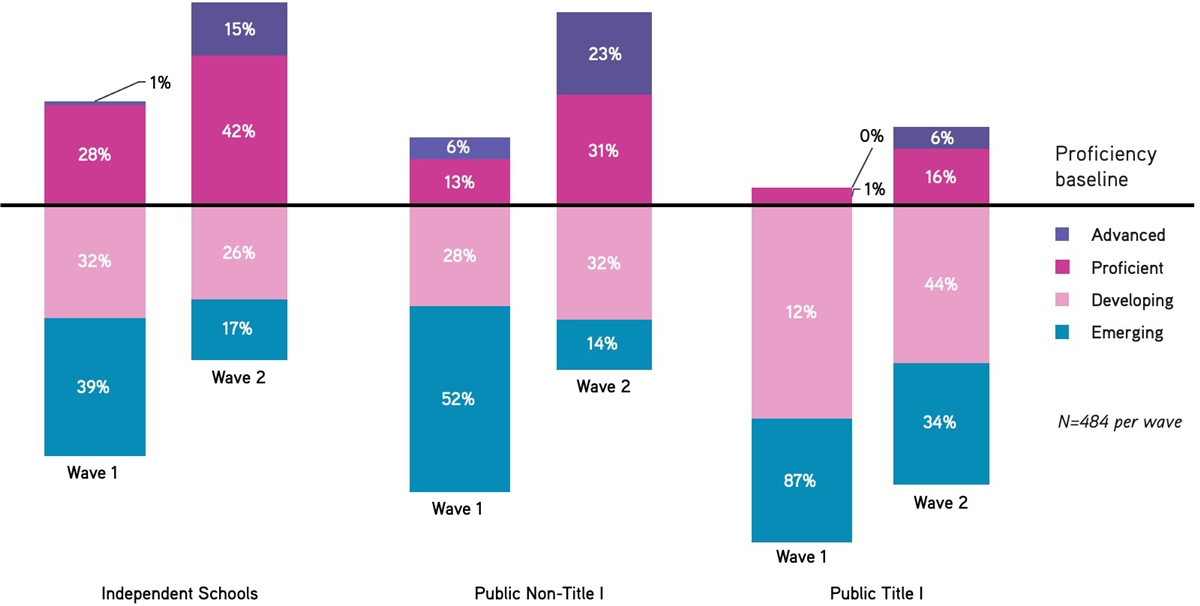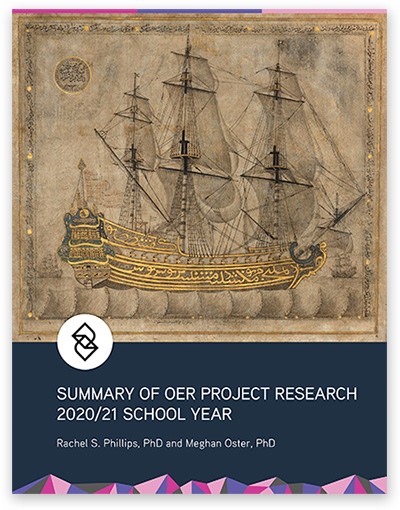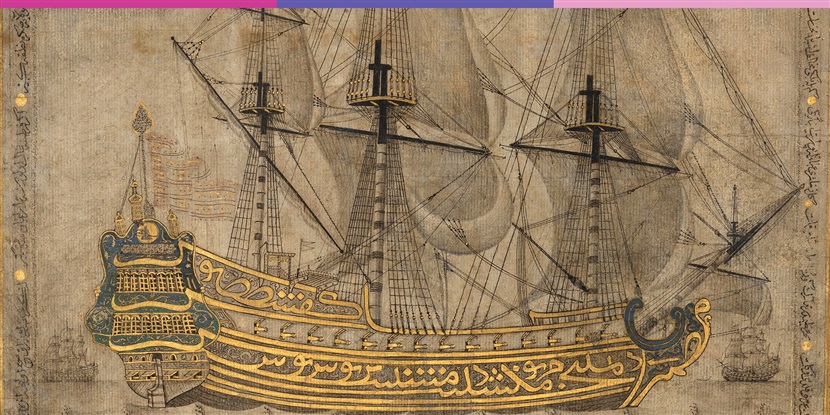By Rachel Phillips, OER Project Learning Scientist
Every summer, researchers at OER Project spend time deeply evaluating our courses and offerings, examining a variety of outcomes related to student learning and teacher perceptions and satisfaction. To do this, we administer both teacher and student satisfaction and perception surveys; we gather student writing samples at the start and end of the year; and we look at unit surveys, site analytics, community activity, and other measures to help us determine if students are learning, teachers are satisfied, and what we need to change in our courses to better meet your and your students’ needs. More recently, we’ve started conducting comparison studies so that we don’t just understand how we’re doing, but also how we’re doing in comparison to other social studies programs and how you’re doing in comparison to other social studies teachers.
As it turns out, we’re doing great. Or to be more accurate, YOU’RE doing great. On average, OER Project teachers are providing their students with many more opportunities to engage in “doing history” than a national sample of social studies teachers. You spend more time digging into historical thinking practices than most teachers and you emphasize concepts related to geography more than most teachers (see Table 1). We also think you’re more satisfied than a lot of other social studies teachers—in another comparison study, we discovered you are much more likely to recommend our courses than other social studies teachers.

Percentage of teachers reporting they emphasize these topics in history “quite a bit” or “a lot.”
* National Assessment of Educational Progress
Perhaps most remarkably, your students still showed significant writing growth during the 2020/21 school year. Also worth noting, students of the Big History Project course in Title I schools experienced more growth than those in independent or non-Title I public schools. This bucked national trends, as Title I schools are more likely to serve traditionally marginalized students, who suffered disproportionately from missed learning during the COVID-19 pandemic.

Comparing student writing growth by school type.
 If you’re interested in digging into the details of the research report, or know an administrator who might want more evidence that OER Project courses are effective, check out the complete Summary of OER Project Research 2020/21 School Year here! And if you want to be a part of future studies or help drive program improvement, please continue to take our surveys and submit student work. We love hearing from you.
If you’re interested in digging into the details of the research report, or know an administrator who might want more evidence that OER Project courses are effective, check out the complete Summary of OER Project Research 2020/21 School Year here! And if you want to be a part of future studies or help drive program improvement, please continue to take our surveys and submit student work. We love hearing from you.
About the authors: Rachel Phillips, PhD, is a learning scientist who leads research and evaluation efforts for the OER Project, as well as develops curriculum for their courses. She is elementary certified, has taught in K-12 schools, and currently serves as an adjunct professor for graduate courses in American University's School of Education.
Rachel was formerly Director of Research and Evaluation at Code.org, faculty at the University of Washington, and program director for National Science Foundation-funded research. Her work focuses on the intersections of learning sciences and equity in formal educational spaces.
 For full access to all OER Project resources AND our amazing teacher community,
For full access to all OER Project resources AND our amazing teacher community, 
